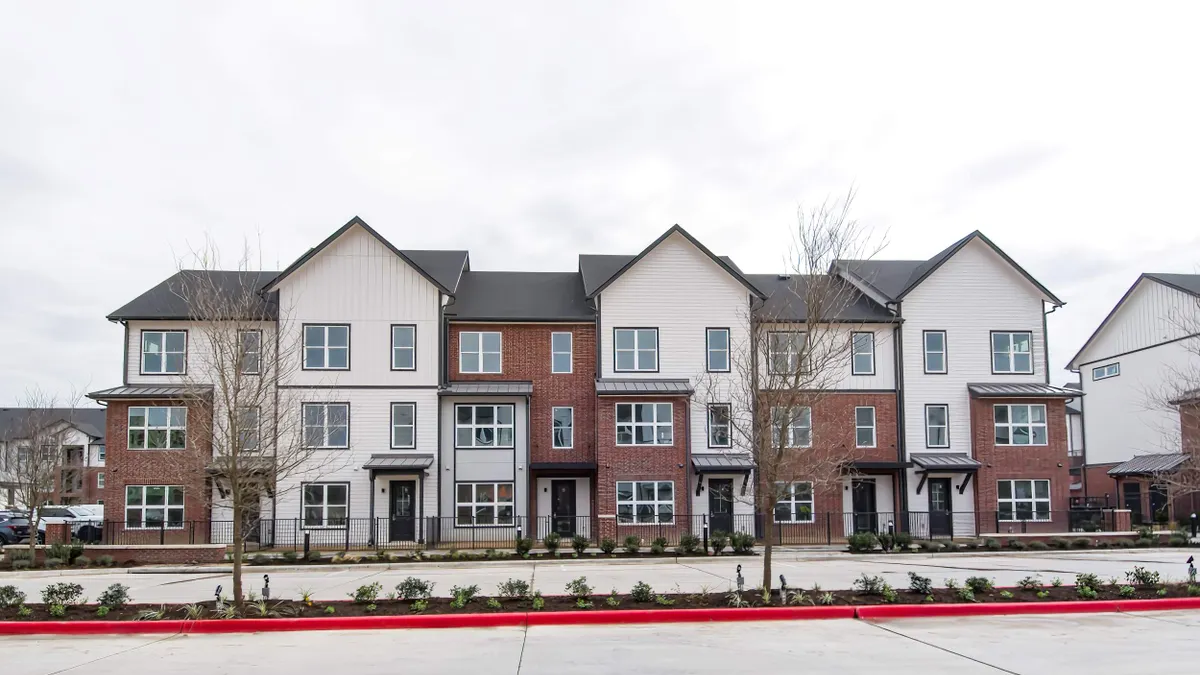Nine states have reached a $7 million settlement with Greystar, resolving claims that the Charleston, South Carolina-based apartment giant participated in a scheme that drove up rental prices by using shared rent-setting algorithms, according to a federal court filing in the Middle District of North Carolina.
If the federal district court approves the consent decree, Greystar will pay $7 million to the participating states and agree to strict new limits on its use of rent-setting algorithms and data-sharing platforms. It must identify an antitrust compliance officer to the states within 30 days of the entry of the consent judgment.
Attorneys general of California, Colorado, Connecticut, Illinois, Massachusetts, Minnesota, North Carolina, Oregon and Tennessee agreed to a settlement, stemming from a January 2025 lawsuit.
“We are pleased this matter is resolved and remain focused on serving our residents and clients,” Greystar’s Head of External Communications, Americas & APAC, Garrett Derderian, told Multifamily Dive in an email.
Under the terms of the settlement, Greystar would be prohibited from:
- Licensing or using any revenue management product that uses external non-public data (other than non-public data of the property owner of the subject Greystar property) to generate rental prices or rental pricing recommendations.
- Licensing or using any commercially available revenue management system that incorporates a rental price floor or a limit on rental price recommendation decreases, though there are specific exclusions.
- Disclosing non-public data to any other property manager or property owner as part of setting rental prices or generating rental pricing recommendations.
January compliant
In January, the U.S. Justice Department and attorneys general from 10 states filed an amended complaint in their antitrust lawsuit against data and software firm RealPage to sue six landlords for allegedly “participating in algorithmic pricing schemes that harmed renters.”
The lawsuit alleged that the companies used RealPage’s algorithmic pricing software to share confidential information about rental rates and occupancy. This illegal coordination enabled companies to unfairly set rents in lockstep rather than setting prices independently, as competition laws require, according to the plaintiffs.
In August, the Justice Department reached a proposed settlement with Greystar. The eight settling states will have the right to participate in any cooperation that Greystar provides to the Justice Department in its antitrust case against RealPage, according to a news release from the Colorado Attorney General.
Litigation against RealPage and other corporate landlords continues, according to Colorado Attorney General Phil Weiser, in the November press release.
“Coloradans are struggling to pay monthly rent. When corporate landlords share private data and use algorithms to coordinate and jack up rent prices, renters pay the price,” Weiser said in the press release. “This settlement sends a clear message: we will not tolerate practices that enable collusion, harm competition, and make housing less affordable for Coloradans.”
Click here to sign up to receive multifamily and apartment news like this article in your inbox every weekday.











